콜로퀴움&세미나
-
2025 | 08.04
Probability Seminar
Title: Sobolev Regularity Theory for Time-Fraction…
-
2025 | 08.04
Probability Seminar
Title: The Dirichlet problem for stochastic partia…
-
2025 | 07.25
IBS CGP Mathmatical Physics Seminar
Title:Seminar series in General RelativitySpeaker:…
-
2025 | 07.22
Algebraic Geometry Seminar
Title:Seminar series in General RelativitySpeaker:…
-
2025 | 07.17
CGP Seminar
Title:Shifted contact structures on differentiable…
학술대회
-
2025 | 02.24~02.28
IBS-CGP Workshop
<IBS-CGP Workshop>
-
2025 | 02.12
Workshop on Ergodic Theory and Related Fields
<Workshop on Ergodic Theory and Related Fields&…
-
2025 | 02.11
Workshop on Ergodic Theory and Related Fields
<Workshop on Ergodic Theory and Related Fields&…
-
2025 | 02.08~02.12
Workshop on Relative Langlands
<Schedule>-2025.02.0814:00~16:00Title:Anintr…
-
2025 | 02.04~02.08
The 20th ILJU School of Mathematics- Banach Spaces and Related Topics
Website:https://sites.google.com/view/2025ilju/
-
2025 | 01.13~01.17
POSTECH International Conference on Navier-Stokes Equations and Numerical Analysis on the Occasion of Professor Jae Ryong Kweon's Retirement
<POSTECH International Conference onNavier-Stok…
-
2025 | 01.13~01.16
Number Theory Intensive Lecture Series
<Schedule>- 2025.01.13(Mon) 14:30~16:30- 20…







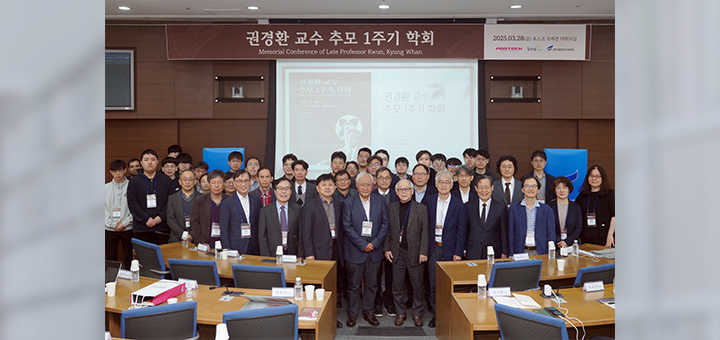

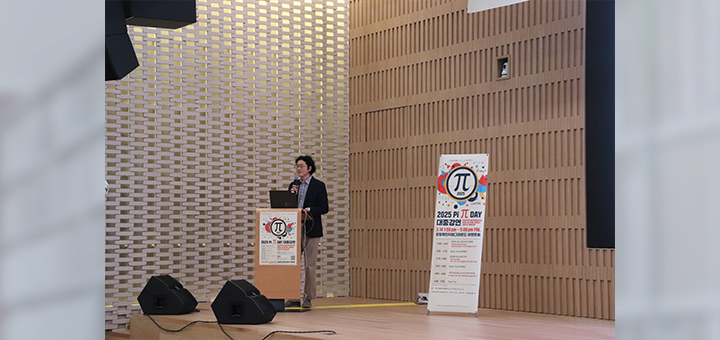


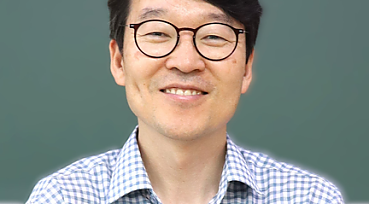
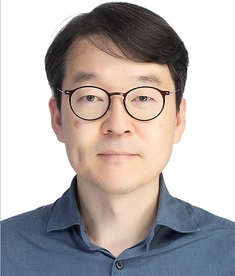
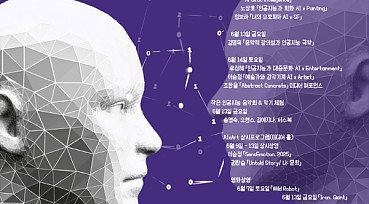
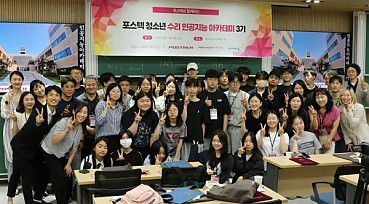
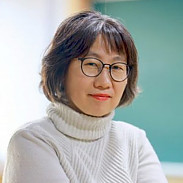

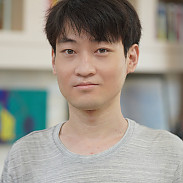
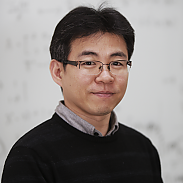





.png)











